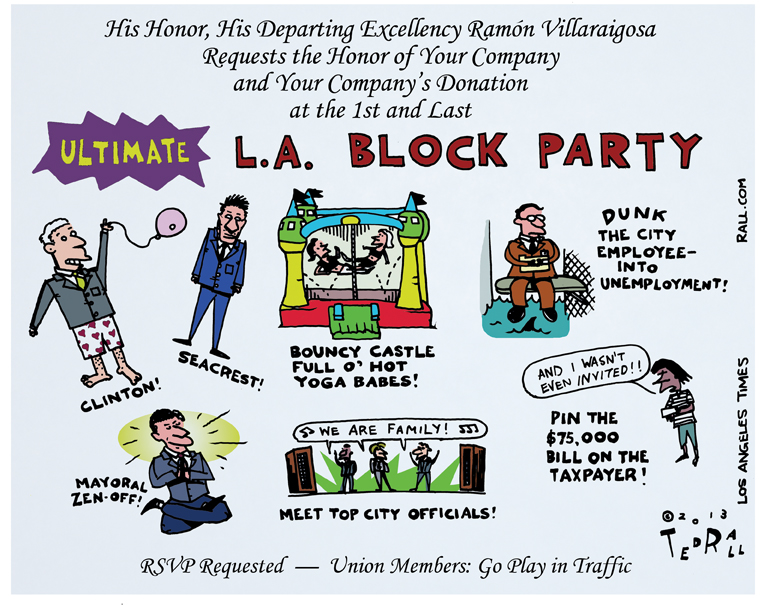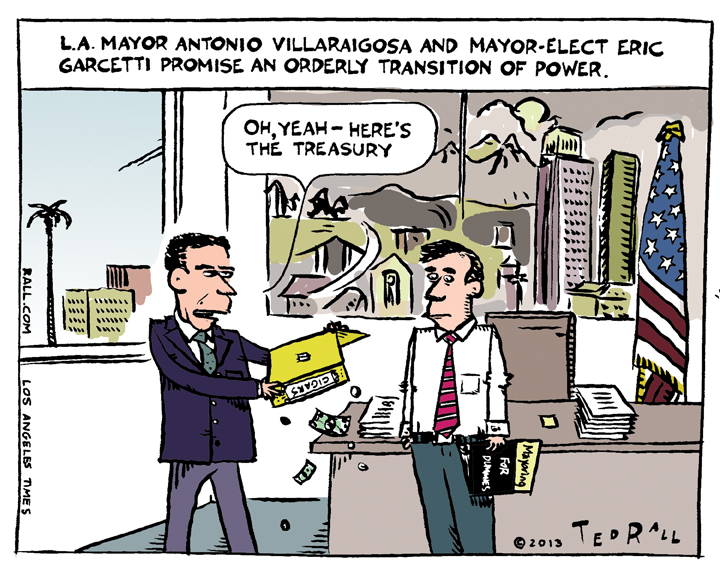You have to wonder if tech giants like Google, Apple, Facebook, Microsoft, Verizon et al were so willing to hand over their customer’s data to the NSA, and comply so eagerly with other shady government surveillance programs like PRISM for one simple reason: Taxes. As in “Give us what we want (everything that has ever been digitally or electronically recorded in your data bases) or we will audit you”. Apple’s willingness to hand over its user’s private data just might have something to do with its alleged tax evasion scams that concealed $74 billion in profits. Something tells me they will pay a few hundred million in fines and behind the scenes celebratory champagne swilling will occur as Wall Street shills publicly bemoan ‘Big Government’s hatred of free markets and entrepreneurs. “Do no evil” will be the raucous toast, followed by the boisterous laughter of the assembled tech giants as they let rip streams of still bubbling urine into ice-buckets.
Still, the big question remains, why IS the US government concerning itself with the minutiae of its citizens daily lives, rather than focusing on . . . oh say, looking into alternative, sustainable energy sources, repairing crumbling, neglected infrastructure, fighting poverty and unemployment, ensuring the safety of food and medicine, regulating banks and other predatory lending institutions, collecting taxes from the highest earners . . . In other words, the dreamy, unrealistic, pie-in-the-sky, overly optimistic, hopelessly naive fixations of people who are inadequately informed about the encroaching threat of Sharia law in the nation’s playgrounds and drinking fountains.
Chicago is closing down 50 schools because “the money just isn’t there”. Amazingly, those “non-existent” funds seem to appear whenever a Bedouin thousands of miles away needs drone-murdering from an underground bunker in Nevada. It even paid for the golden platter that the presidential kill list is delivered on and held aloft by a coterie of ermine-draped minions in the Oval Office during the president’s daily briefings with his Grim Reaper advisors. And now we discover untold billions of taxpayer money is being spent to find out where citizens stand on the Brangelina/Aniston divide, and how often they enter “grumpy cat butt plug whore cam” into Google search engines and whether or not their ‘like’ of Bacon-themed Instagrams is indicative of a well-rounded personality, unencumbered by terrorist thoughts. Arguably, the Boston Marathon bombing could have been thwarted if NSA wiretappers had more resources at their disposal to analyze a 12 year old Belieber’s Twitter feed, and everyone who ever shared a delicious Dagistani pressure cooker recipe on Pinterest.
When the Berlin Wall collapsed, East Germans discovered that every mundane aspect of their lives were fodder for STASI record keepers, who painstakingly documented every perceived slight a neighbor/co-worker/boss/parent/child/teacher/employer/spouse/lover could level against a fellow citizen in a written dossier, and to what end, we shall never know. Certainly Fraulein Braun’s perverse habit of hanging out her fancy knickers on even rainy days, while Herr Schmidt’s noted tendency to gaze too long and too lovingly at the pigeons outside his window fire escape was hardly the stuff of national security urgency. Still, loyal STASI stenographers documented these ‘transgressions’ in much the same way secret US government agents are compiling your data. Are they merely trying to monetize fear and paranoia in the absence of dwindling, extractable fossil fuels? Or are they cognizant of their own declining power, and mounting a digitized defense to insulate themselves from the inevitable fall-out when the inmates escape the PRISM?






